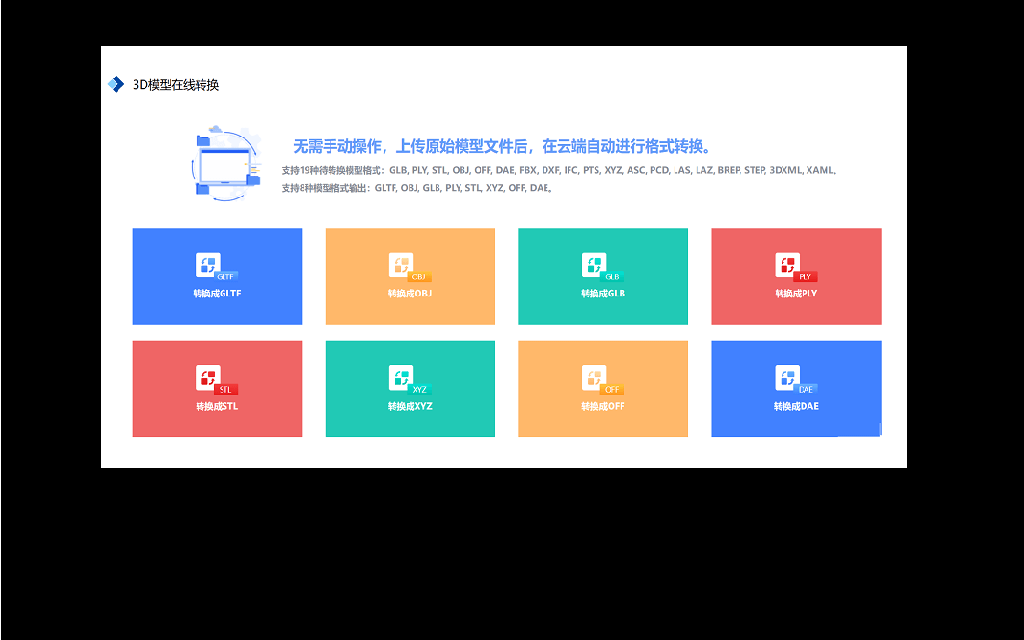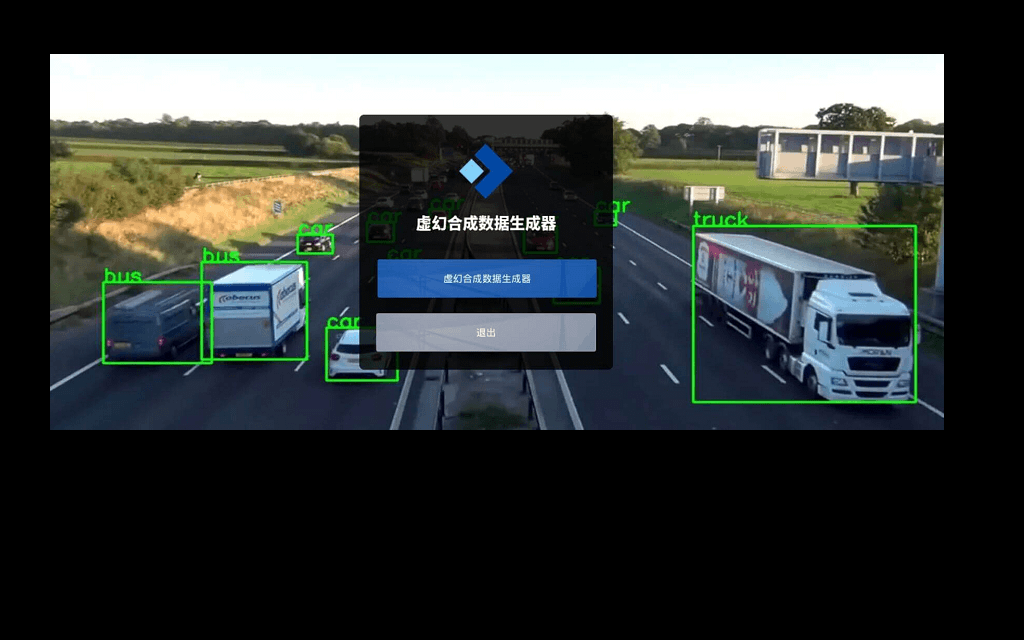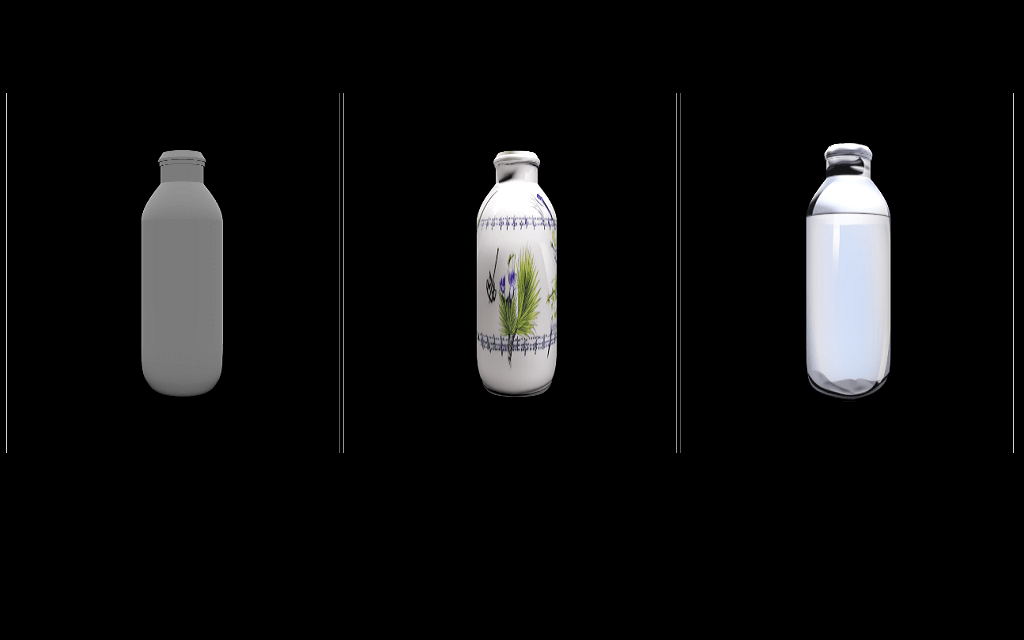PCL
Someone uses Patronizing and Condescending Language (PCL) when their use of the language denotes a superior attitude towards someone else, or depicts them in a compassionate way, raising a feeling of pity among the audience.
pcl-roberta-base model for PCL detection
This model is trained on Don't Patronize Me! , a dataset of paragraphs extracted from media articles about vulnerable communities, published in 20 English-speaking countries or areas. The paragraphs have been manually annotated to assess if they contain any type of PCL.
This is the PCL detection model built on roBERTa-base.
- Git Repo: Don't Patronize Me! official repository
- Dataset: [Available upon request here] (https://docs.google.com/forms/d/e/1FAIpQLSe5KyzXgpnEOjS-Y6Gb8TTKiWxh4_qLuPL-NGiqKCyF41ALlg/viewform)
<b>Labels</b>: 0 -> Negative; 1 -> Positive
To know more about our work on PCL detection, the PCL detection model and the dataset, please refer to:
Reference Papers:
@inproceedings{perez2020don,
title={Don’t Patronize Me! An Annotated Dataset with Patronizing and Condescending Language towards Vulnerable Communities},
author={P{\'e}rez-Almendros, Carla and Anke, Luis Espinosa and Schockaert, Steven},
booktitle={Proceedings of the 28th International Conference on Computational Linguistics},
pages={5891--5902},
year={2020}
}
@inproceedings{perez2022semeval,
title={SemEval-2022 task 4: Patronizing and condescending language detection},
author={P{\'e}rez-Almendros, Carla and Anke, Luis Espinosa and Schockaert, Steven},
booktitle={Proceedings of the 16th International Workshop on Semantic Evaluation (SemEval-2022)},
pages={298--307},
year={2022}
}
@inproceedings{perez2022identifying,
title={Identifying condescending language: A tale of two distinct phenomena?},
author={Perez-Almendros, Carla and Schockaert, Steven},
booktitle={Proceedings of the Second Workshop on NLP for Positive Impact (NLP4PI)},
pages={130--141},
year={2022}
}


